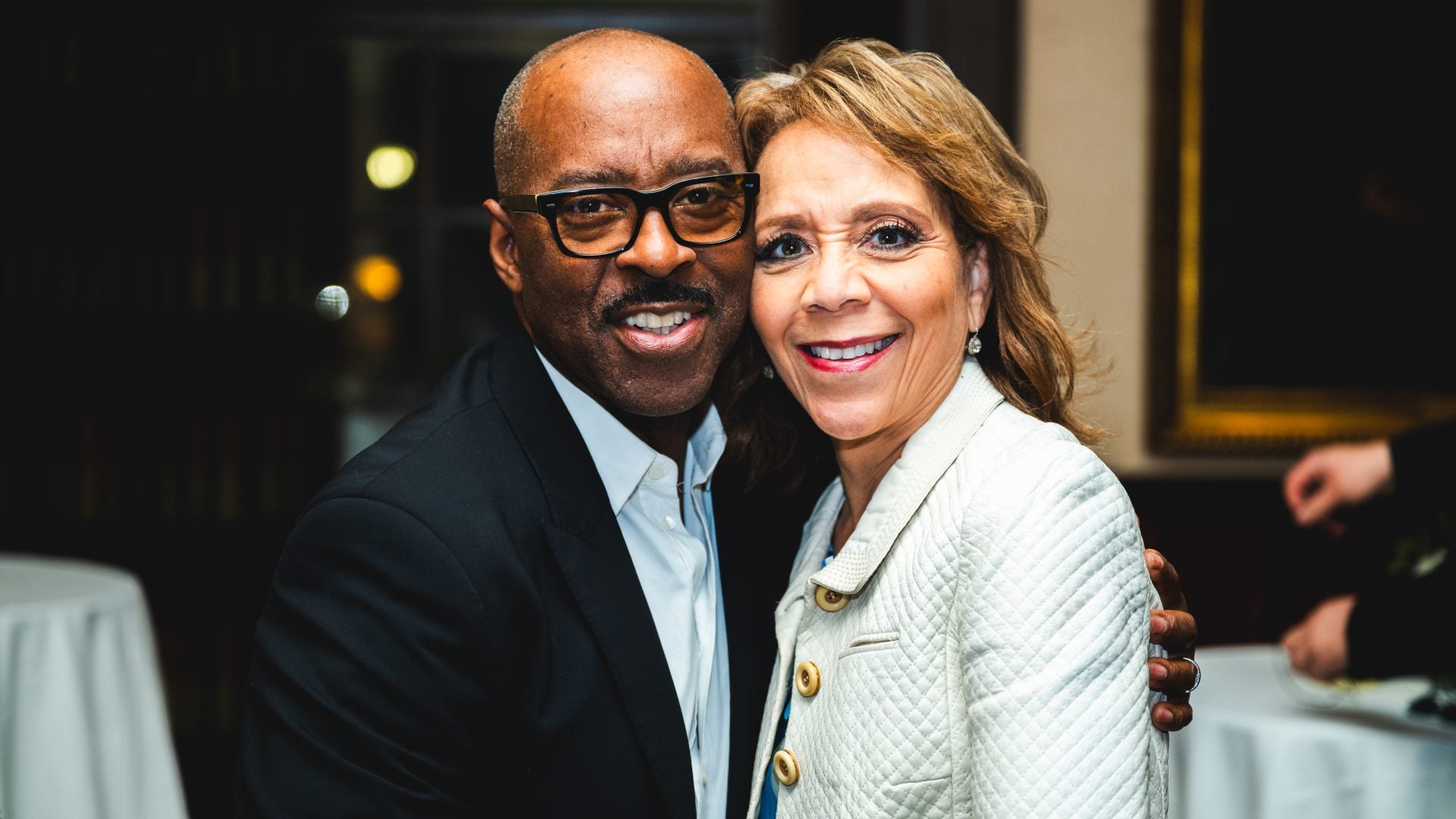
May is National Mental Health Awareness Month, and renowned actor Courtney B. Vance and award-winning psychologist Dr. Robin L. Smith have co-authored the book “The Invisible Ache: Black Men Identifying Their Pain and Reclaiming Their Power.”
With their book, they seek to raise awareness about Black men and mental health. Given recent trends, this issue is more important than ever. For the first time ever, the suicide rate among Blacks is higher than among whites. These so-called “deaths of despair,” which include suicide, alcohol use, and drug overdoses, have tripled between 2013 and 2022. According to the Centers for Disease Control and Prevention, Black men are four times more likely to die from suicide than Black women.
“There is an African proverb we use in the book that says ‘The lion’s story will never be known as long as the hunter is the one to tell it.’ So what we are doing in “The Invisible Ache” is making sure that the lions – Black men and boys – are narrating and reclaiming their own stories,” Smith told ESSENCE.
“We want to get to a point where it is normalized to not only ask, do you hurt or whether you hurt, but where does it hurt? “The Invisible Ache” is a personal invitation to every Black boy and man to heal, declare, and proclaim their divine birthright to be fully human, whole, and free,” Smith continued.
“’The Invisible Ache’ grew out of my desire to provide a resource and safe space for Black men of all ages to explore, discuss, restore and heal when it comes to our mental health,” Vance shared with ESSENCE. “I want the book to always serve as a reminder that we are worthy of happiness, of peace, of love, and of support.”
During last week’s “Couch Conversation” with Give Black Alliance, Smith and Vance candidly talked about the book, and their own struggles, speaking to the “invisibility and the pain that also sometimes robs us of the notion that we actually have the right to be here.”
Vance opened up the conversation with a tragedy from his own life, stating “My father took his life back in 1990. He shot himself…and my father was not at peace.”
Smith chimed in saying, “what Black boys and men are grappling with is how do they claim their wholeness and part of our wholeness is that we all have holes longing to be whole, which is a whole holy journey. How do I do that when I walk down the street as a Black boy or man and people cross the street, because they fear me? How is it that I as a Black boy or man reclaim my divine birthright that I long to be here?”
Throughout their discussion, Smith and Vance emphatically discussed the importance of addressing mental health issues in Black communities. The two emphasized the need for a holistic approach to mental health, including physical, emotional, and spiritual well-being. The co-authors highlighted the significance of vulnerability and honesty in personal growth, while sharing personal stories of radical vulnerability and their transformative impact on living as an example for others.